How to Stick to Using Cash on a Daily Basis
Have you ever gotten into credit card debt? Or maybe you’ve been in debt for so long and are willing to try anything at this point to help ease the load of helplessness? Have you considered the cash-only method? Using cash might be a great way for you to go at this point.
Paying for things with cash has many benefits, including keeping you from taking on any more debt. Here are ways to stick to using cash on a daily basis.
A Change In Mindset Is Important
Sticking to Cash Will Teach you to Cut Back
It’s been proven that handing over currency is far more painful than swiping a card mindlessly. More thought is put into a transaction when you see your hard-earned cash money crossing over the counter.
Stick with cash. It will help you to hold on to your money and cut back on poor spending habits.
You’ll Appreciate What You’ve Purchased
Paying cash for purchases will help you appreciate what you have even more. If you paid cash for a new car after saving up for an extended period, chances are you’ll look to take better care of that car even more than the person that is indebted to that car payment each month.
There’s more gratification in knowing that you own that purchase, instead of that purchase owning you.
You Won’t Add Any to your Debt
Another great thing about paying in cash is that it keeps you from adding on any more debt. Once the money is gone, there’s no more spending. There’s no card to swipe to put you in any larger hole than you might already be in.
You will begin Questioning Future Purchases
You will also begin to notice a shift in your thinking process when it comes to spending. You will begin to question future purchases and whether it’s really necessary.
This way of thinking will help you sort out your wants from your needs and help you stay on track easier.
How to Stick With Cash
Keep Credit Cards Out of Your Wallet
If you plan on sticking with simply using cash and have struggled with credit cards in the past, take away any chances of failure. Remove every credit card out of your wallet and cut them up, if you must. This might not be a doable option until you have enough money saved up in case of emergencies. If you have the discipline, it is good to have at least one quality credit card for use when traveling. Most car rental companies, hotels, and other venues require a credit card to reserve the car or room, and pay for that usage when done. Also, keep in mind that having a credit card in your name helps to provide a “credit” history for the time when you want to buy a home, or other high-cost items requiring a longer-term loan. Having that card with a zero balance can also increase the FICO score you hear so much about.
Use the Envelope System to Budget
A great tool for budgeting with cash is presented by Dave Ramsey with the “Envelope System” in his book “Financial Peace.” There you will take all of the money you make for each week and put the amount due for bills in the appropriate bills envelopes.
My family has done the envelope system way before it became popular. It’s so awesome to have the money you need in the envelopes ready to pay for haircuts, groceries, dog grooming, etc. I use my debit card for gasoline purchases.
You could have envelopes for a number of expenses including car payments, house payments, student loans, groceries, fun money, etc. The goal is to have money left over at the end of the month. These are similar to the ones I use: Envelope System
Adjust Your Spending Categories as Needed
Sometimes unexpected things happen before your next payday, leaving you with no money in your gas envelope. Hopefully, you still have money left over in your fun money envelope and can borrow from there.
This will help you from resorting back to that credit card that got you in the mess you’re already in.
Have a Savings Envelope
Having envelopes for expenses is a start. But what about a savings envelope? This is where the money is leftover at the end of the month and you can slide it over to your savings envelope.
Make sure you keep your paws off of this envelope to help you continue to gain momentum.
Save For Emergencies
Another important way to stick to cash is during emergencies. Most people say they only have credit cards in case of emergencies. But if you already have money saved up for such an emergency situation, you don’t really need to fall back to the plastic.
A great starting point for an emergency is to save up at least $1,000 for the unexpected. This could be anything from a filling, a flat tire or bailing your brother out of jail.
Keep Your Receipts
Tracking cash purchases can be tricky when nothing is showing up on your bank account. Be sure to save every receipt that backs up that cash purchase to help you see where you are spending your money, and also as a possible record for tax purposes.
Seeing where you are spending most of your money is extremely important in making better financial decisions.
Set up a Day to Stop by the Bank
While it might be inconvenient, find a day that you can stop by the bank each week to cash your paychecks. This will make sure that you have money on hand when you need it. There may be some bills where the payment location isn’t local. That’s when a checking account comes in handy. You can mail a check, or better yet, set up automatic payments. If allowed, some places will take the money from a savings account too.
Don’t Bring all Your Money with you while Shopping
While going out to the mall or grocery store, set out with a purpose and an amount of what you want to spend. Don’t bring any more money than that. If you bring every last dime to JCPenney, you’ll spend far more money because you have it.
Sleep On a Purchase
Consider “sleeping” on a purchase by avoiding impulsively buying it outright. Get some sleep and then consider if that purchase is really a good investment or more a want than a need.
Do Research on a Product
You want to get the most bang for your buck, right? Then you need to do some research on the things that you purchase for a product with longer-lasting results, which usually means it is a higher quality item.
Planning a Vacation? Forget the Credit Card
It’s about time for a vacation this year. Where are you headed and how do you plan on paying for it? Don’t even think about that credit card. That’s what your fun envelope or savings envelope can be used for to keep you on a cash-only basis. If the venues you plan to use or visit don’t take cash you may have to use that credit card. Just don’t get pulled into using it otherwise. If you do use it, set aside some of the vacation cash to pay if off when you get home.
Final Word
These are several ways of sticking with cash on a daily basis. What do you believe is the best method for paying for purchases? If you are all-in on a cash-only method, what other ways do you make it more manageable by sticking with cash?
Please tell me how you stick to using cash on a daily basis. Thanks for being prepared for the unexpected. May God bless this world, Linda

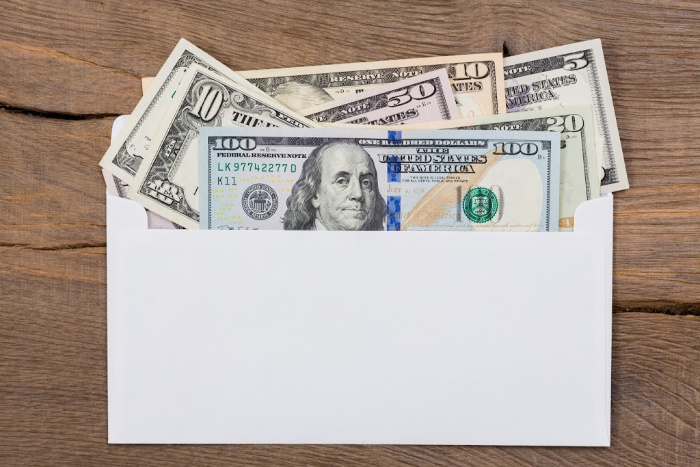

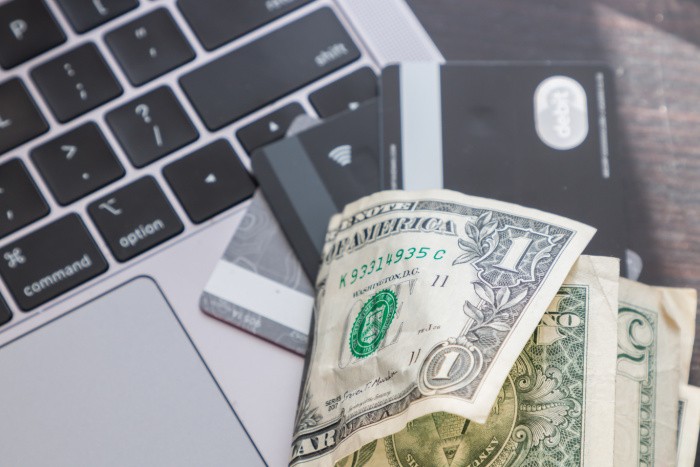
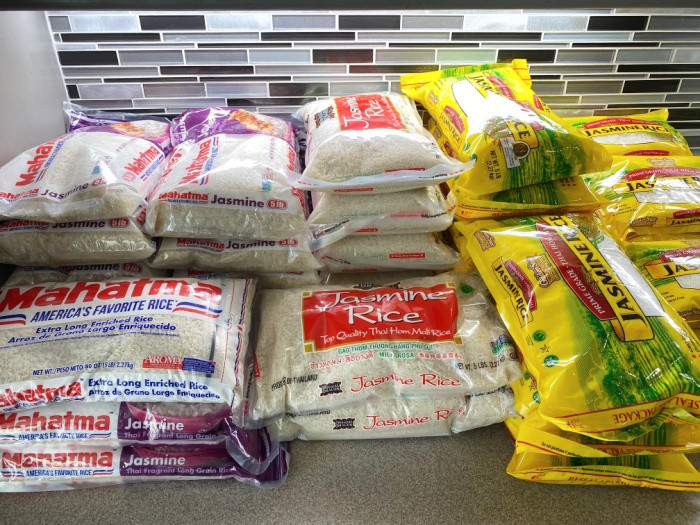
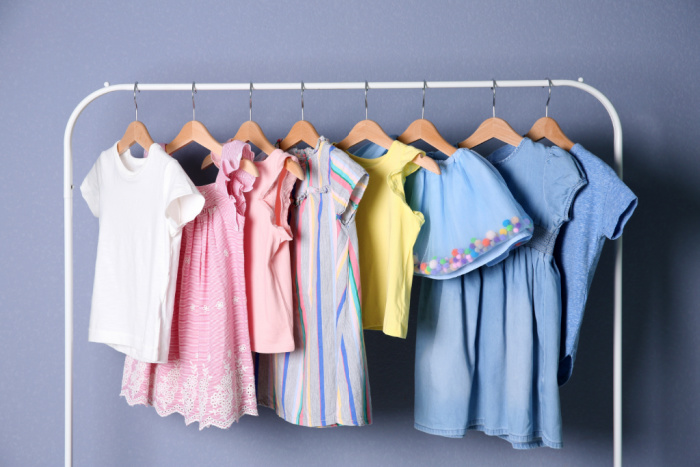
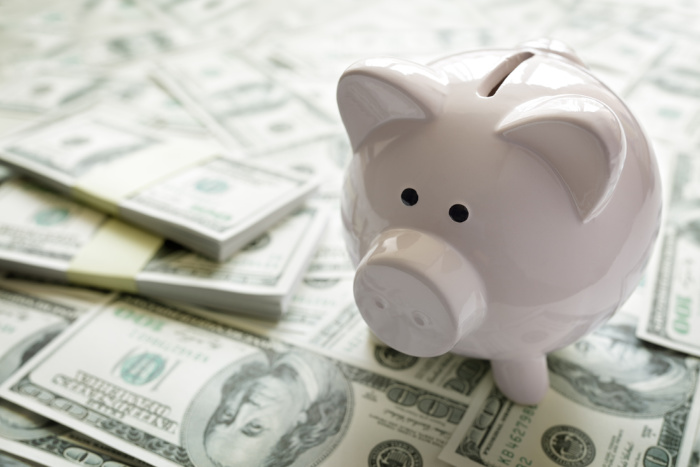
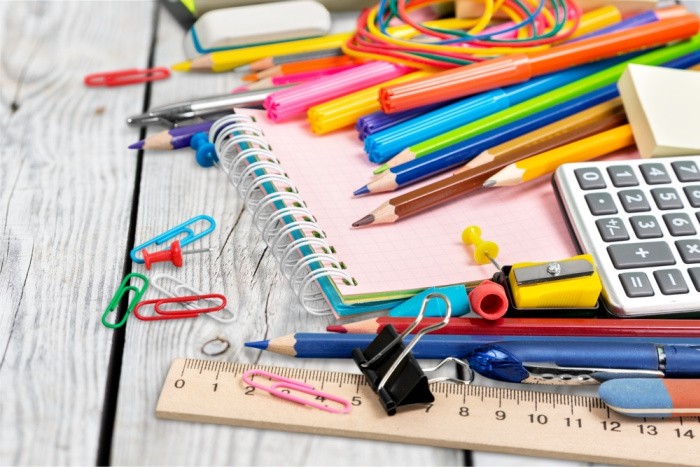

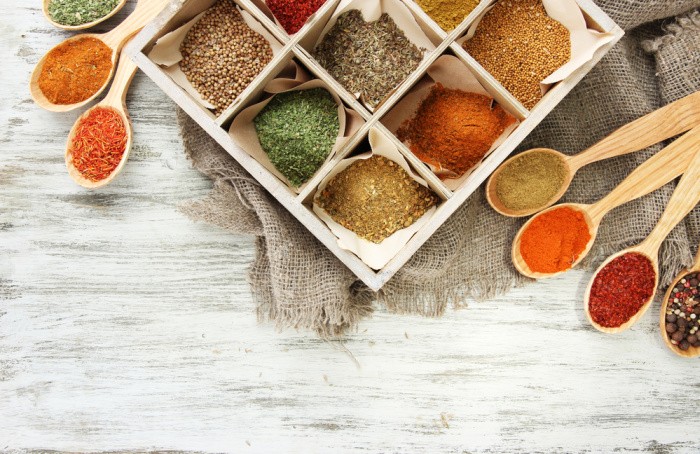
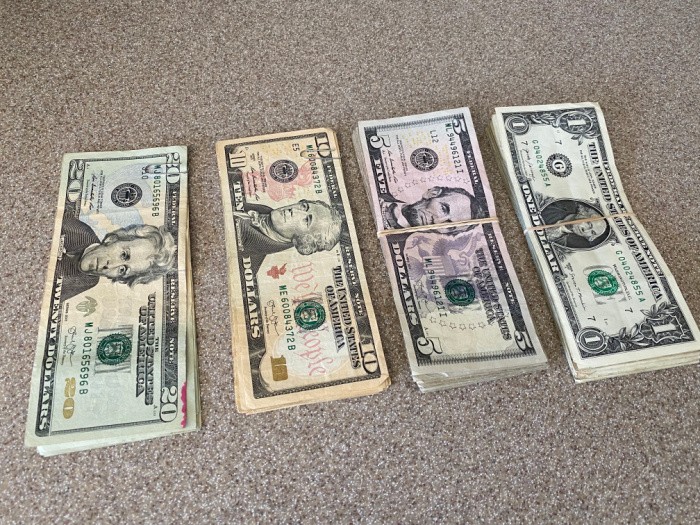

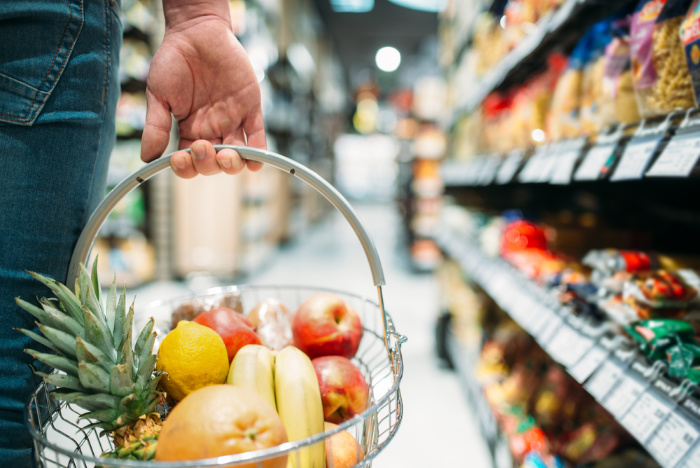
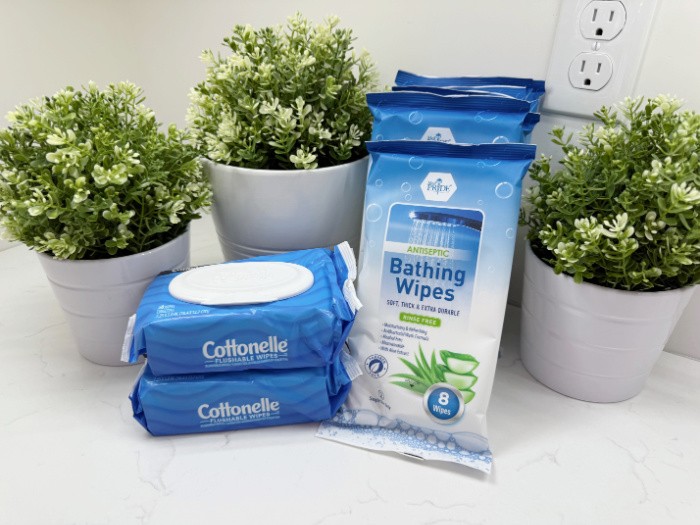
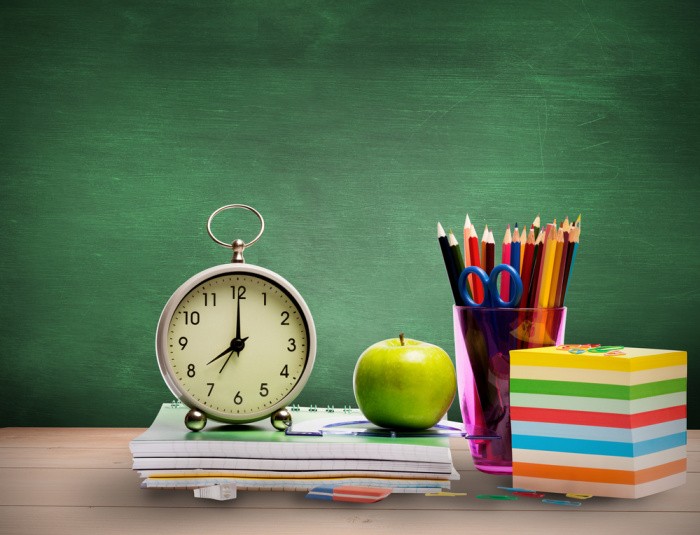
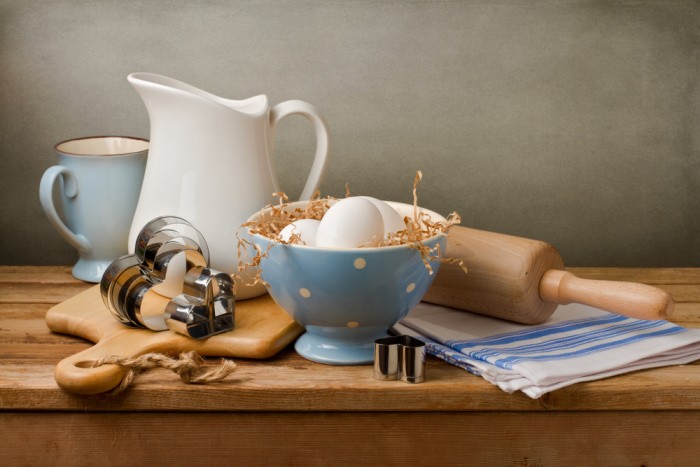

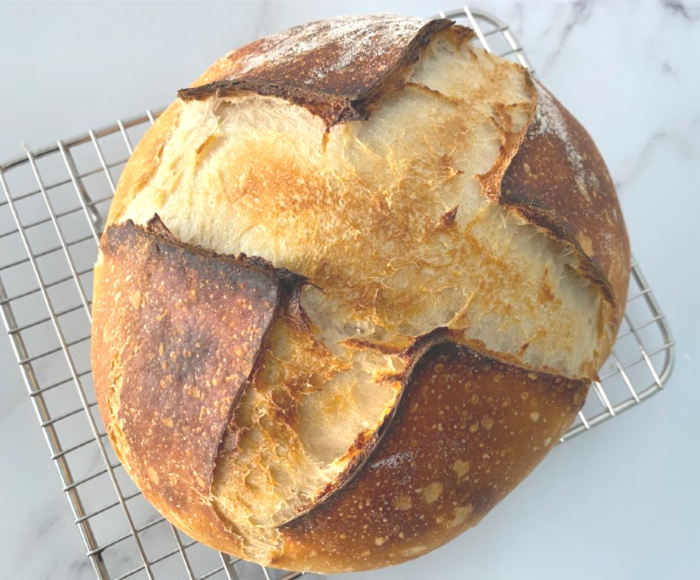
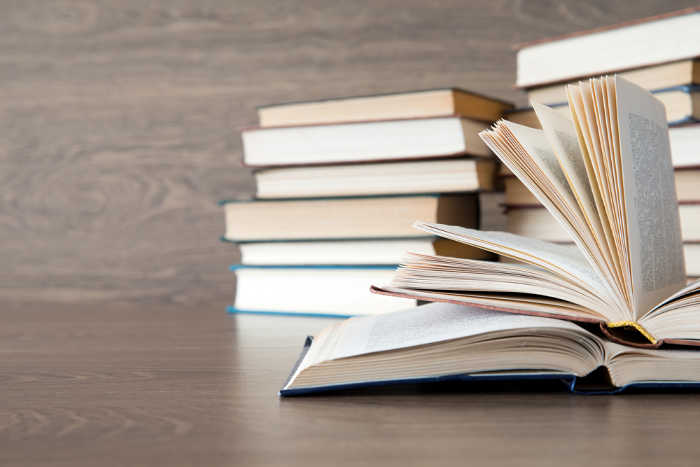

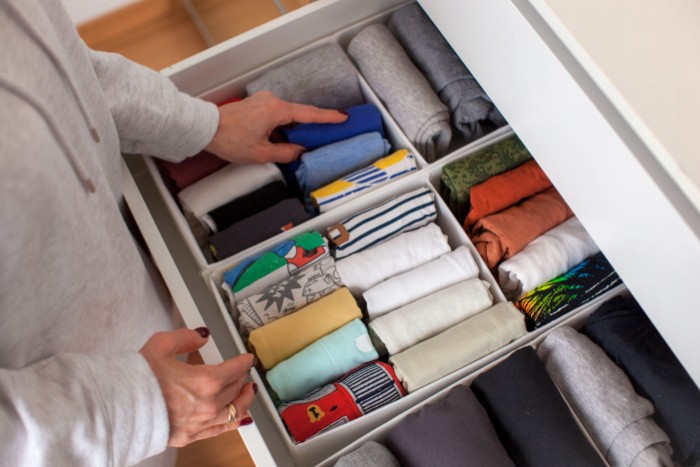

I have been using an envelope system for some time now. A few years ago, I paid off $29K (included my car) in a matter of 11 months!! I did work a lot of overtime though. Now that I am on a fixed income in retirement, I don’t have that extra money!! Still, I prefer retirement! LOL.
I started out with envelopes like you mentioned in the post but have now just gone with regular envelopes. I also keep the receipts in those envelopes and write them down when I return home. I use a couple of “cash back” apps on my phone – Ibotta and Fetch Rewards. I figure if I use coupons AND get a few cents/dollars back on my purchases, that is money saved, i.e., A penny saved is a penny earned!
Something else that I have done in the past (when I was working and had that extra money) was to place the amount of money saved by using coupons and transfer that amount into a savings account to boost my emergency plan. If I use $8 in coupons, I transferred $8 into savings. Then, when I had enough in savings for my emergency plan, I transferred the amount over the EP to a bill to help pay it off.
Hi Leanne, that’s a smart idea to put the money saved into a savings account, I love it! I need to sign up for those rebate apps. Thanks for the reminder, Linda